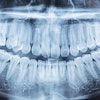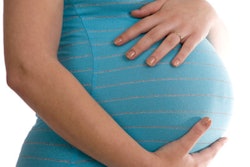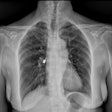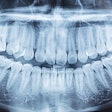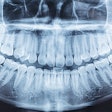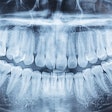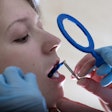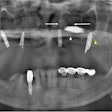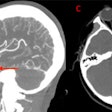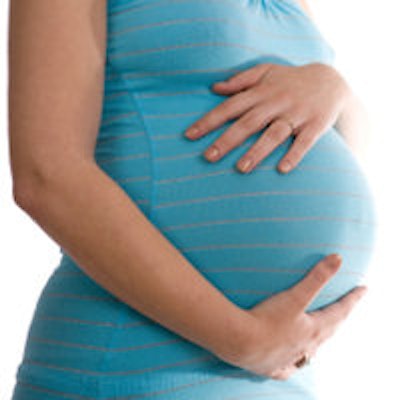
Dental x-rays and dental hygiene appointments are safe for pregnant women, according to new recommendations issued by the American College of Obstetricians and Gynecologists (ACOG; Obstetrics & Gynecology, August 2013, Vol. 122:2, pp. 417-422).
In fact, the ACOG is advising all obstetricians and gynecologists to perform routine oral health assessments at the first prenatal visit and encourage their patients to see a dentist during pregnancy, according to the Committee on Health Care for Underserved Women, which issued the guidelines.
"These new recommendations address the questions and concerns that many ob-gyns, dentists, and our patients have about whether it is safe to have dental work during pregnancy," said Diana Cheng, MD, vice chair of the committee, in a press release.
According to the ACOG, 35% of all women report they haven't been to the dentist within the past year. Approximately 40% of pregnant women in the U.S. have some form of periodontal disease, including gingivitis, caries, and periodontitis.
The physical changes caused by pregnancy can result in changes in periodontal tissue and teeth, the ACOG noted.
The ACOG encourages obstetricians and gynecologists to reinforce practical advice for their patients: Limit sugary foods and drinks, brush teeth twice daily with a fluoridated toothpaste, floss once daily, and visit the dentist twice a year. Pregnant women with severe vomiting or gastric reflux can help avoid damage to their teeth from stomach acid by using an antacid or by rinsing with a teaspoon of baking soda in a cup of water after vomiting, the ACOG noted.
"We can all reassure our patients that routine teeth cleanings, dental x-rays, and local anesthesia are safe during pregnancy," Dr. Cheng said. "Pregnancy is not a reason to delay root canals or filling cavities if they are needed because putting off treatment may lead to further complications."
Improving a pregnant woman's oral health may also decrease the transmission of caries-causing bacteria from mother to baby and help lessen the future risk of caries in children.
However, a number of studies in recent years have investigated whether there is a link between periodontal disease treatment in pregnant women and adverse pregnancy outcomes, and the findings have been mixed.
For example, a critical summary of a meta-analysis that appeared in the Journal of the American Dental Association in 2011 found no evidence that scaling and root planing during pregnancy prevents preterm birth, low birth weight, spontaneous abortions, or stillbirths (JADA, October 2011, Vol. 142:10, pp. 1192-1193).
Similarly, a JADA study published in 2010 concluded that periodontal treatment during pregnancy does not reduce the risks of preterm birth and low birth weight (December 2010, Vol. 141:12, pp. 1423-1434).
But research presented at the 2010 International Association for Dental Research meeting and published in BJOG: An International Journal of Obstetrics and Gynaecology (September 15, 2010) found that pregnant women who were resistant to the effects of scaling and root planing were significantly more likely to deliver preterm babies than those for whom it was successful.
And more recently, a systematic review concluded that pregnant women who are at high risk for preterm birth and have periodontal disease may be able to lower their risk by getting scaling and root planing treatment (Journal of Periodontology, December 2012, Vol. 83:12, pp. 1508-1519).
Marjorie Jeffcoat, DMD, professor and Dean Emeritus at the University of Pennsylvania School of Dental Medicine, has conducted a number of studies looking at the relationship between periodontitis, oral healthcare, and their effects on pregnant women.
"I think this is a really good report overall," she told DrBicuspid.com. "They are saying it is safe to do cleaning, which it is. Over the last 10 years, we have looked at about 1,400 pregnant women and we have had no adverse events from cleaning."
The Children’s Dental Health Project (CDHP) welcomed the ACOG's new recommendations, particularly the section that noted that women with poor dental health “may harbor high levels of Streptococcus mutans.” As a result, the Committee on Health Care for Underserved Women is advising medical practitioners that “women should routinely be counseled about the maintenance of good oral health as well as the safety and importance of oral health care during pregnancy.”

